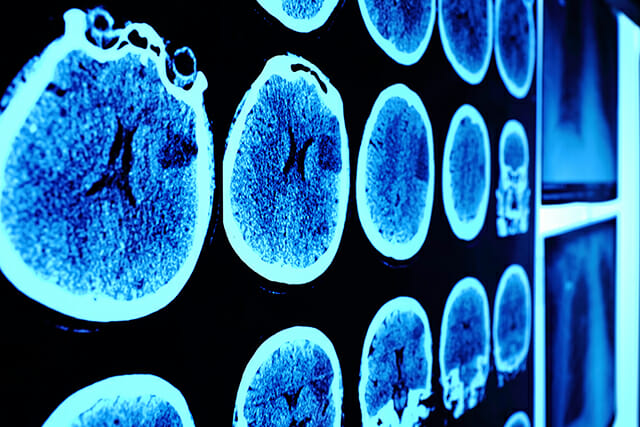The co-occurrence of cancer-related cognitive impairment (CRCI) and anxiety are associated with adverse childhood experience and higher levels of stress. Addressing the risk factors, some of which may be modifiable, may help in implementing individualized interventions for patients with cancer. These findings were published in Seminars in Oncology Nursing.
A team of researchers evaluated differences in demographics and clinical characteristics, as well as levels of certain kinds of stress and resilience, in subgroups of patients with distinct joint CRCI and anxiety profiles.
Their study was part of a larger longitudinal study that delved into the symptom experience of cancer patients receiving chemotherapy in the outpatient setting. They recruited 1343 participants who completed measures to assess CRCI and anxiety on 6 occasions over 2 chemotherapy cycles. Data from 1332 patients were included in this analysis.
CRCI was assessed with the Attentional Function Index (AFI). This 16-item tool assesses patients’ perceived effectiveness in performing activities of daily living that are supported by working memory, attention, and executive functions. Anxiety was assessed with the 20-item Spielberger State Anxiety Inventory (STAI-S), and 4 other instruments were used to assess types of stress and patients’ abilities to handle adversity.
Of the 1332 patients, 8.2% had high CRCI and high anxiety, 34.5% had moderate CRCI and moderate anxiety, and 57.3% had no CRCI and low anxiety.
Worse CRCI and anxiety profiles were associated with higher levels of 3 common kinds of stress — global, cancer-specific, and cumulative life stress — as well as exposure to higher numbers of stressful life events (SLEs) and lower levels of resilience.
For example, patients in the 2 worse profiles had an average of more than 6 SLEs. Additionally, many stressors are multidimensional, and “associations exist among traumatic events (eg, children who are maltreated may experience more than one type of abuse).” Additionally, adverse childhood experiences can alter a person’s neural stress-regulatory circuits in ways that may change their ability to cope with stress throughout their life.
“These findings suggest that patients with a significant history of adverse life events and/or trauma may be at an increased risk of a higher symptom burden,” they wrote. “Studies are need to investigate if levels of stress can be modified to reduce the severity of CRCI AND anxiety.”
Reference
Oppegaard KR, Mayo SJ, Armstrong TJ, et al. Adverse childhood experiences and higher levels of stress are associated with the co-occurrence of cancer-related cognitive impairment and anxiety. Semin Oncol Nurs. Published online October 31, 2023. doi:10.1016/j.soncn.2023.151513
